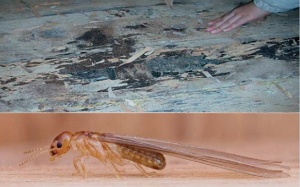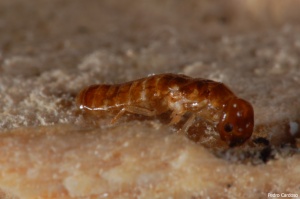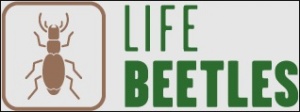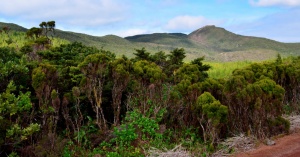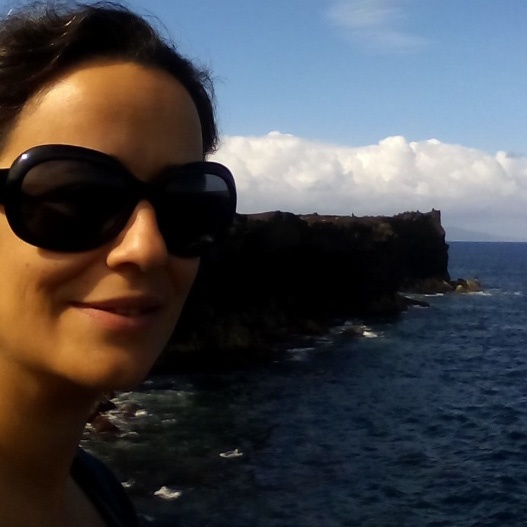
Address
Azorean Biodiversity Group, University of the Azores
Rua Capitão João D'Avila 9700-042 Angra do Heroísmo
Terceira, Azores, Portugal
Email
mteresabferreira@gmail.com
H Index of Web of Science
3
H Index Google
7
Curriculum Vitae
Download •
Web References
Scopus •
Google Scholar •
Orcid •
Island Biodiversity, Biogeography & Conservation - IBBC
Island Plant Ecology
Maria Teresa Bravo Ferreira
Past Recent Members
Climate change Biodiversity Entomology Termites
I received a Ph.D. in Urban Entomology from the University of Florida in 2011 and I am currently working in the Island Biodiversity, Biogeography and Conservation research group (IBBC) of CE3C. I am a Post-Doc Researcher at the University of Azores. My research focuses on impact of climate change across different trophic groups in Azorean Orchards.
For some years I was involved in urban entomology research using as model system the drywood termite Cryptotermes brevis., studying its behaviour and the origin of the populations presente in the Azores. Later on I started working with the impacts that climate change has on the azorean biodiversity, working with climatic models to assess endemic species future potential distributions for the Islands of São Miguel and Terceira, and how this knowledge can be used by decision makers to delineate protected areas.
My current research focuses on studying the impacts of climate change on Azorean Orchards. The Azores archipelago has unique characteristic natural features (humid temperate climate and volcanic geomorphology). The main objective of my research is to set-up an in situ experimental framework to study the effects of temperature increase and extreme precipitation patterns on Azorean orchards, focusing on arthropods and plants. The intention of this research is to generate field data that can predict more accurately the consequences of climate change for these systems in terms of production, physiological responses trophic responses, etc. We will use agroecosystems (orchards) in Terceira Island for this purpose. The producers and the decision makers can posteriorly use this information in order to mitigate the effects of climate change.


